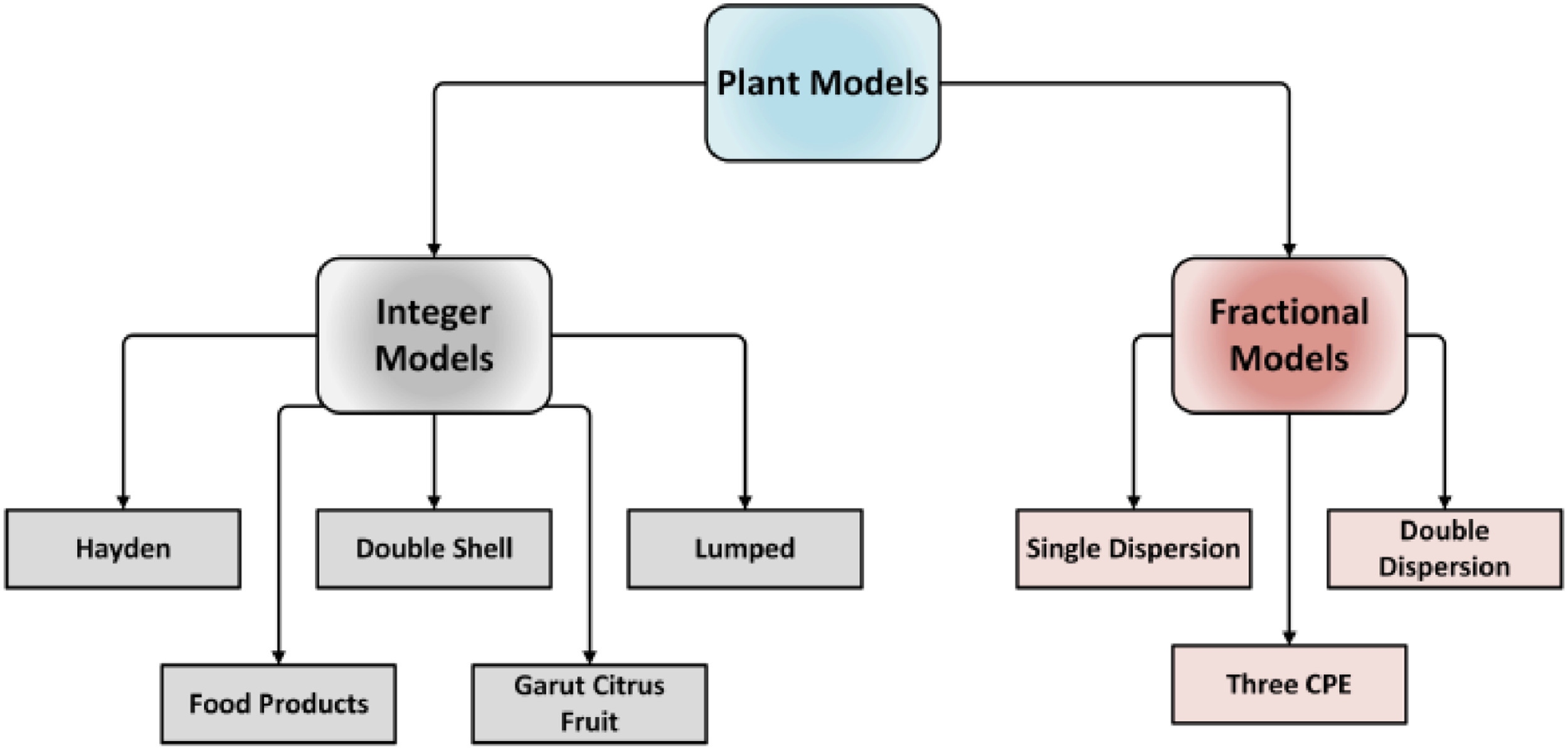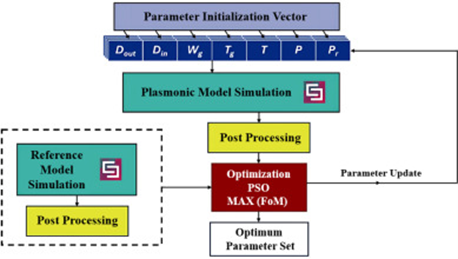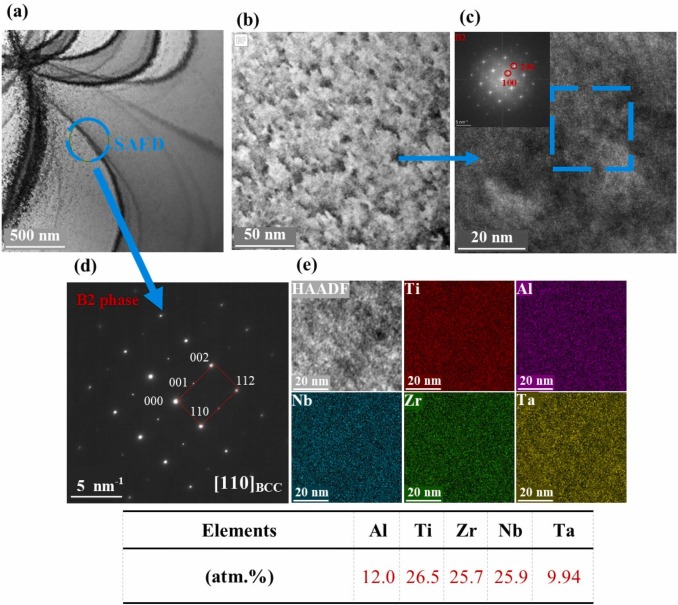

Experimental investigation of innovative active packaging biofilms using electrical impedance spectroscopy
This work explores a novel simple technique to investigate the shelf life of fruit using Electrical Impedance Spectroscopy (EIS). EIS is a non-destructive analysis that focuses on studying the electrical impedance variations during ripening of fruit. The purpose of this study is the use of a biodegradable natural plastic packaging for extending fruit and vegetable shelf life. Polyethylene Terephthalate is currently used for food packaging such vegetables, fruit and meat. It is a tough and flexible plastic material with high impact strength, but it has the disadvantages of synthetic plastics, which includes non-biodegradability. EIS method analyzes the differences in weight loss of the tomato fruit wrapped with innovative biopolymer composite films and anticipates the effect of these bioplastic films on the ripening state. EIS studies were conducted by applying an alternating current through a range of silver (Ag/AgCl) electrodes attached to the fruit wrapped with the films. The impedance of the wrapped tomato fruit was measured at frequency sweeps ranging from 10Hzto200KHz for 100 frequency points. The results revealed that the rate of change of the impedance decreased due to the effectiveness of the new biofilm packaging in prolonging the shelf life of fruit. The wrapped novel film prolonged the ripening and aging stages of tomatoes compared to the non-wrapped tomato. Chitosan proven to extend the shelf life as an edible coating on fruits and vegetables by reducing water-loss and as a defensive barrier of contamination. © 2020 Elsevier B.V.



